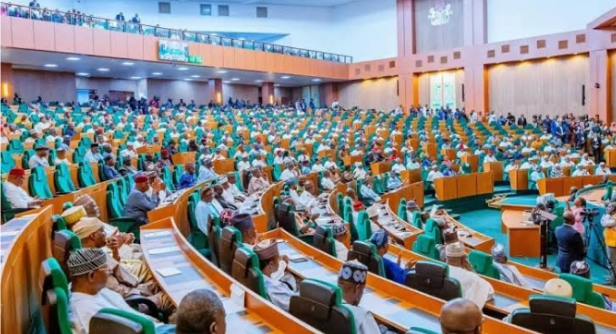ABUJA — The House of Representatives on Wednesday advanced a groundbreaking legislative effort to protect the country’s growing elderly population, holding a well-attended public hearing on House Bill 2098, which seeks to establish enforceable legal rights and comprehensive social protection for senior citizens.
Chairperson of the Committee on Women Affairs and Social Development, Hon. Kafilat Ogbara, declared the proposed Older Persons (Rights and Privileges) Bill a “moral imperative,” stressing that Nigeria owes its senior citizens—who built the nation through decades of sacrifice—dignified healthcare, economic security, and full societal inclusion.
“This is not charity; it is justice,” Ogbara told a packed hearing room that included elderly Nigerians, civil society groups, healthcare providers, social workers, and community leaders. “The true measure of any society is how it treats its most vulnerable. Today we take a giant step toward ensuring our parents and grandparents live their later years with respect, security, and honour.”
Key provisions of HB 2098 include:
- Guaranteed access to affordable and age-appropriate healthcare
- Economic relief measures, including pensions and social grants
- Protection from abuse, neglect, and discrimination
- Promotion of active participation in civic and community life
- Establishment of a dedicated agency to monitor implementation
Ogbara emphasised that with Nigeria’s elderly population projected to double by 2050, the bill is both timely and forward-looking. “What we legislate today is the safety net we ourselves will need tomorrow,” she said. “Aging is not a burden—it is a privilege we must safeguard for every citizen.”
Stakeholders unanimously praised the initiative, describing it as long overdue in a country where many seniors currently depend on family support amid inadequate pension systems and limited geriatric care.
The public hearing featured emotional testimonies from elderly attendees who shared experiences of financial hardship, healthcare denial, and social isolation.
Lawmakers assured participants that their inputs will directly shape the final bill, with committee members pledging to fast-track its passage before the end of the 10th Assembly.
As Nigeria joins a growing list of African nations enacting specific elder-rights legislation, Wednesday’s session signalled a clear parliamentary commitment: the era of neglecting the country’s senior citizens is drawing to a close.

